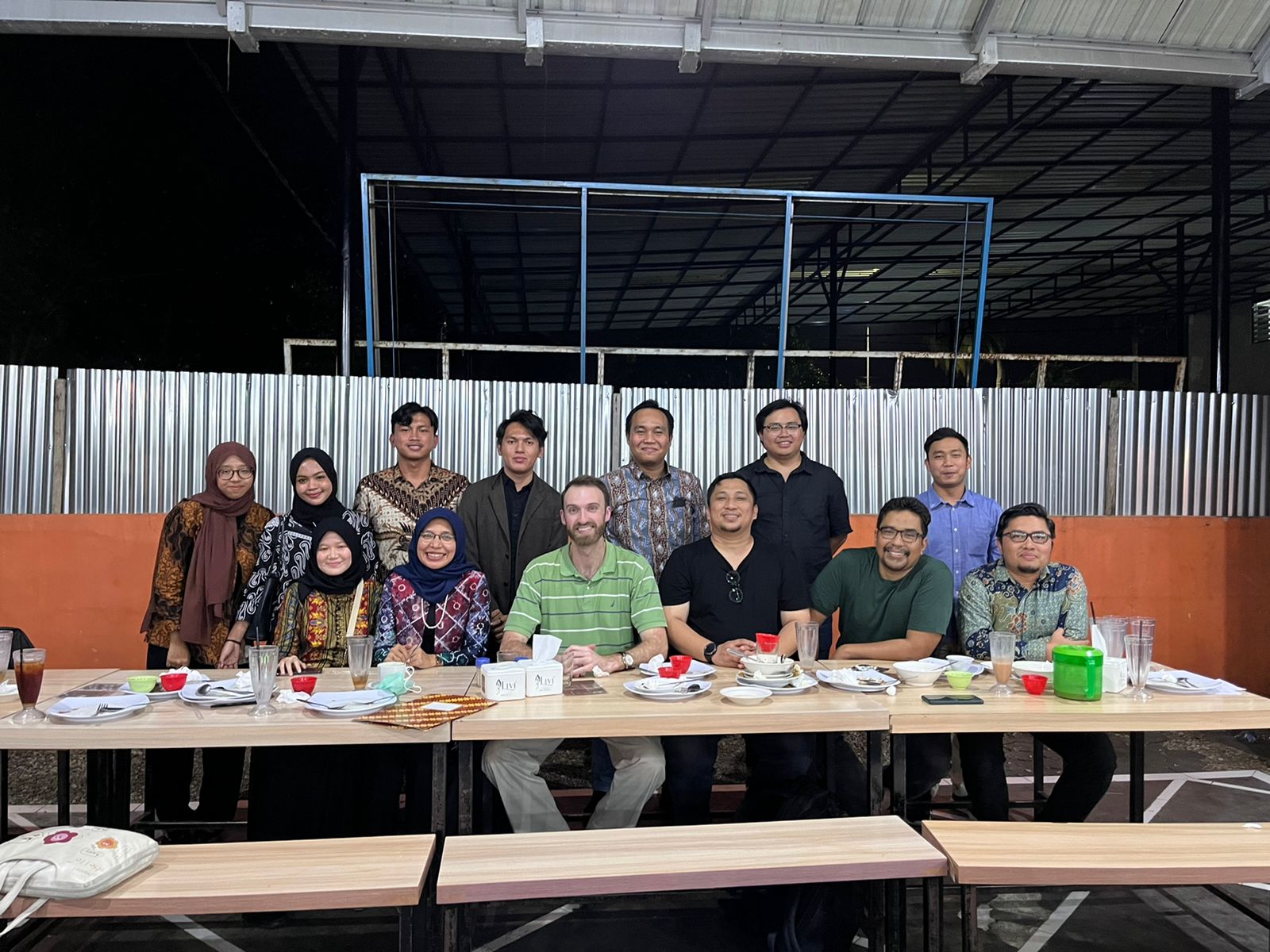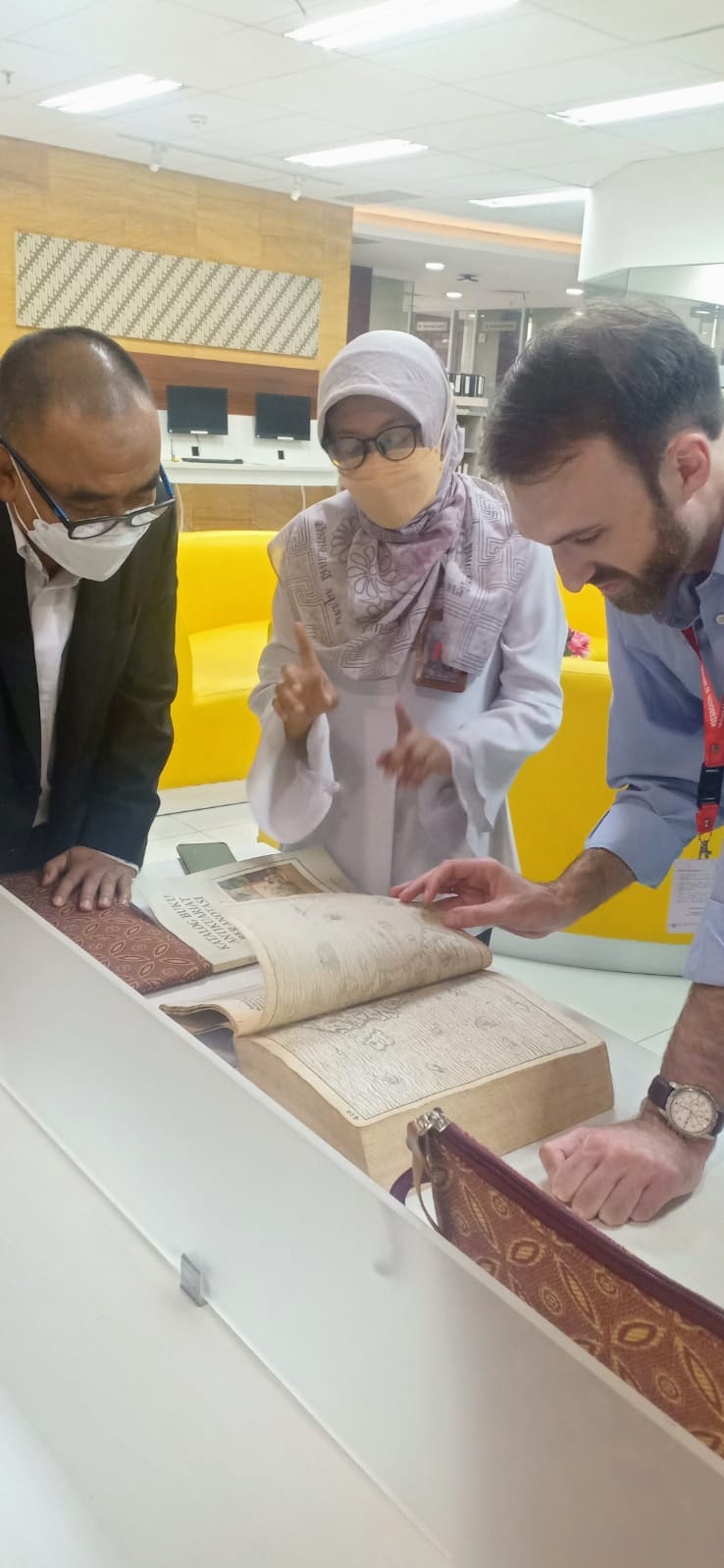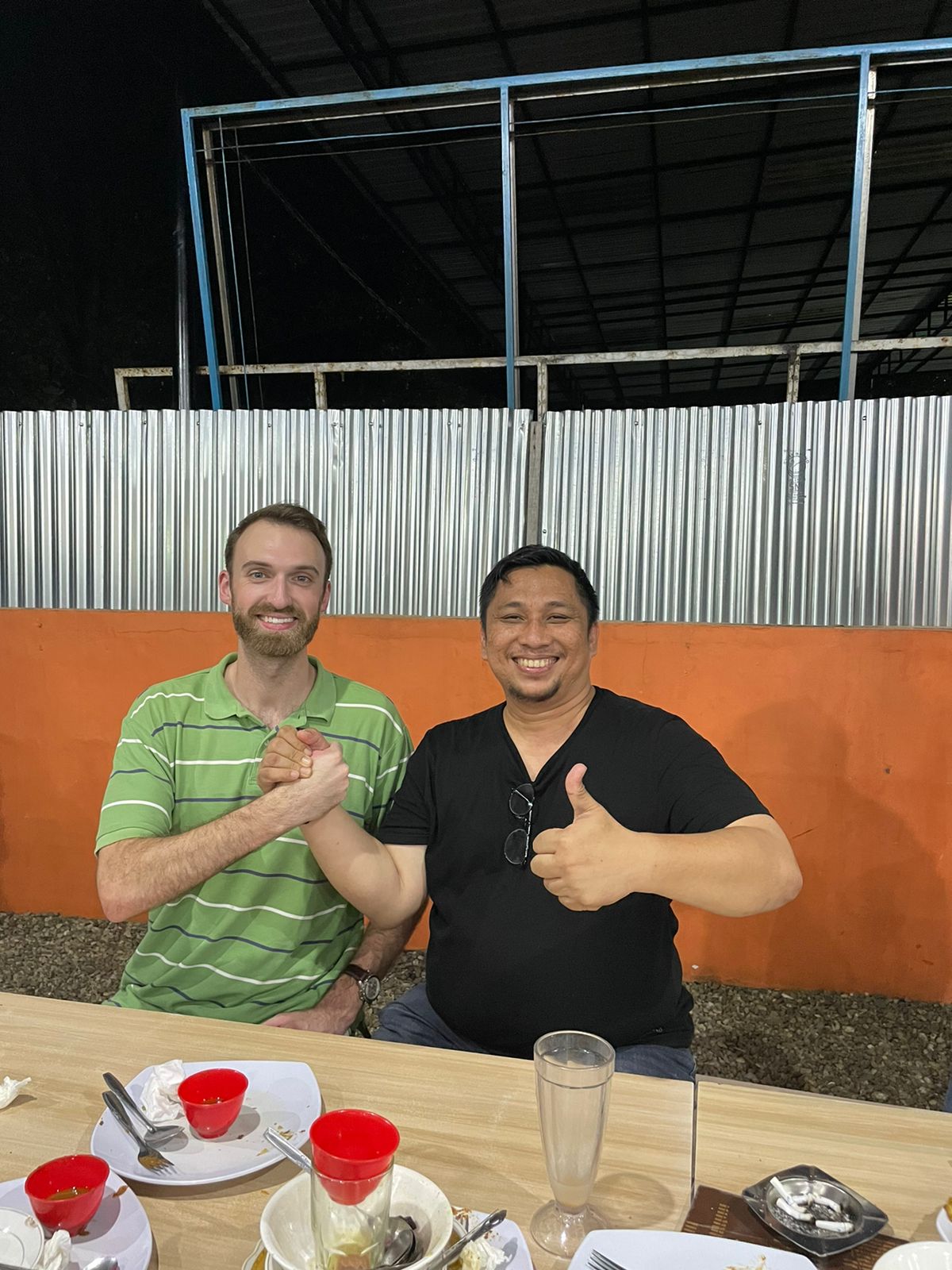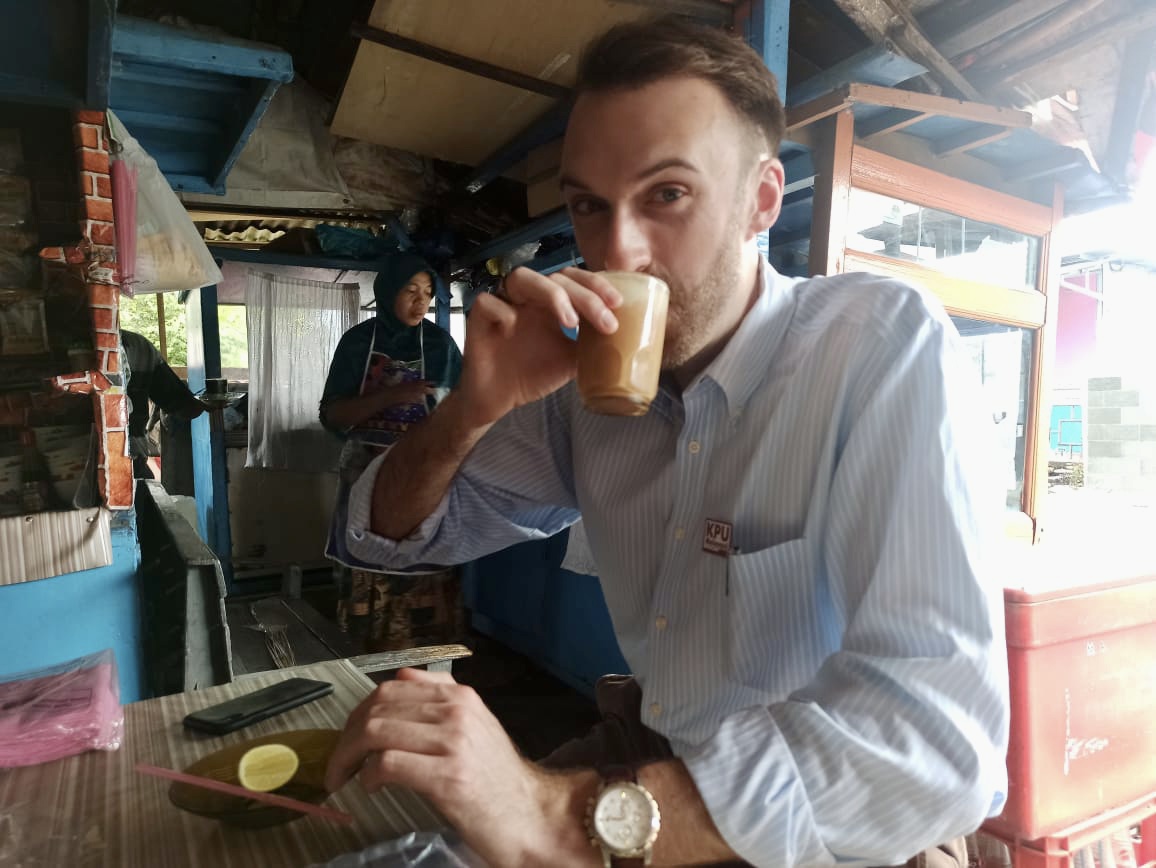X. Summer in Review
For my final entry, I want to simply review what all my busy summer consisted of. This internship has been a collection of different experiences and varying work, and it’s difficult to neatly summarize what all I did through a title or short paragraph. At the very least, I hope this offers the next PUSaKO intern a bit of an overview of what to expect.
Broadly speaking, my summer consisted of two halves: my time as a legal researcher with PUSaKO while in Padang, and my role as a judicial intern with the Constitutional Court while in Jakarta. The responsibilities of each blurred into one another, but there was distinct shift from supporting an NGO and their variety of work areas and conducting legal research and writing for a justice and his clerks.

As an intern (and dare I say member) with PUSaKO, I edited legal briefs that various members have filed with Indonesian and international courts. In particular, one project was focused on holding military and government officials in Myanmar accountable for alleged crimes against humanity under provisions of the Indonesian constitution and code. Mr. Feri, the director of PUSaKO and founder of his law firm, Themis, pursued a novel argument premised on the idea that the Indonesian constitution would grant standing for any infringement of human rights that are protected by the Indonesian constitution, even if the perpetrator and victim are not Indonesian citizens. It was a fascinating exercise in international law.

I also conducted academic and field research on election administration and dispute resolution, combing through a variety of international and Indonesian source materials and meeting with organizations like the provincial KPU (state-level government election officials), Perludem (a civic and good governance advocacy organization), and representatives from the provincial and national legislatures. PUSaKO is routinely invited to advise on several legal areas, and the national parliament is currently amending the entire criminal code, which calls into question a host of constitutional and regulatory questions. Much of my first weeks was spent learning a new legal system, entailing not a little reading, and I was called upon to give a variety of lectures on the American legal system, ranging from the U.S. criminal justice system to how U.S. institutions limit and combat government corruption. You quickly realize everything you don’t know when you’re putting together a presentation for an audience across a cultural and linguistic barrier, and stitching together everything I had learned during 1L year with new research was a great way to deepen my legal education.
PUSaKO’s main project this year is something they refer to as a constitutional analysis, which is being done in conjunction with the 20th year of Indonesia’s major constitutional reforms with funding and support from International IDEA. In many ways, it’s a democratic autopsy, analyzing the various ways democratic functioning has weakened or broken down since 2002 and what additional reforms or practices are needed to ensure Indonesian democracy can continue to grow. This included several interviews with reform era leaders and legislators, current government and legal practitioners, and academic scholars who have dedicated their careers to studying political and legal development in Indonesia. My work was to research other democracies and provide a comparative analysis on key government functions, such as election administration and national development planning. Indonesian reformers are keen to implement processes from other nations, both developed and developing, and this seminal report will be a jumping off point for discussions about further reforms. I also acted as a general editor, since the final report will be published in English as well as Bahasa.

While performing these duties, I also had a great time co-authoring legal opinion pieces with PUSaKO members for publication in the Jakarta Post. At time of writing, two have been published, the first on the constitutional implications of free speech restrictions in the proposed criminal code amendments, and the second on the need for further reform to the Constitutional Court in light of new 15-year tenure requirement for justices. A third is due out about the presidential candidacy threshold, which was my main legal research focus while at the Court.
Around the beginning of July, having gotten a basic understanding of the Indonesian governmental and legal system, I transitioned to Jakarta and served as a judicial intern to Justice Saldi Isra and his team of court clerks. About half of my working hours were spent learning about the various Court functions and meeting with heads of national commissions that oversee elections, such as Bawaslu and the KPU. I also had the opportunity to attend sessions of parliament and interact with national legislators through discussions about democratic and electoral reform. These meetings helped inform my ongoing research on the complicated and restrictive presidential candidacy threshold, an electoral regulation that has caused untold damage to Indonesia’s political party system and is rife with constitutional violations. Justice Saldi is determined to convince his fellow justices to overturn the law, and my research was part case analysis of prior Court decisions and part social science research on democratic functioning.
And, of course, along the way I got to sample all sorts of interesting historical, cultural, and natural experiences. I went to variety of religious sites, toured the national library and parliament, visited old Dutch forts, snorkeled at the beach, and ate my weight in rice, noodles, and tropical fruit. There may or may not have been a brief visit to Malaysia in order to renew my visa as well.

All told, I am incredibly grateful to the members of PUSaKO and the Constitutional Court for welcoming me into their professional and personal lives. They were always available to answer questions about local custom, where to eat or stay, or to explain a legal concept I was struggling with. They represent the best chance Indonesia has for weathering international democratic backsliding and building on the monumental progress of reform leaders before them. I proud I got to do my small part for global democracy and learn from these incredible people doing incredible work.